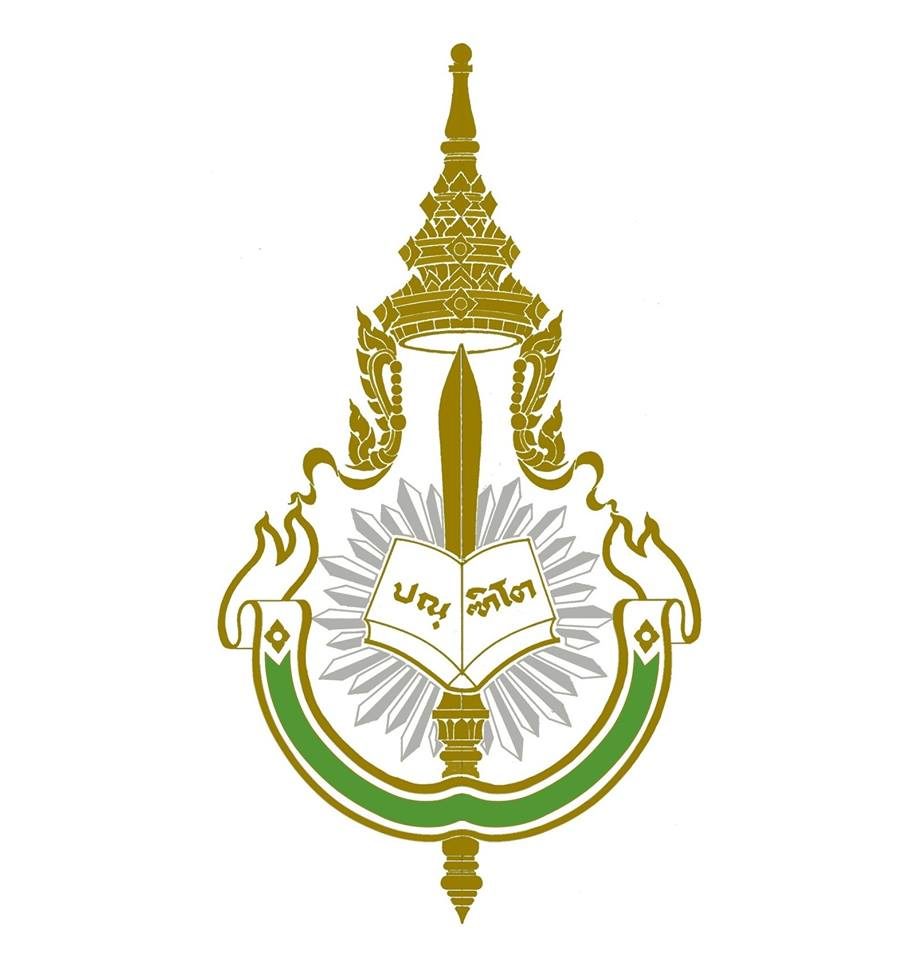Srisurang Poolthupya
Fellow of the Royal Institute, Academy of Arts
Abstract
Phra Aphai Mani, a poetic tale by Sunthon Phu, one of the great poets of Thailand, is significantly concerned with peace and non-violence, which makes it stand out from other Thai literature of his time. The very name of the hero, which is also the name of this long poem, means the Jewel of Forgiveness. Phra Aphai Mani chooses to study music instead of undertaking any martial art more fitting for a future king. He believes that music can stop anger and violence. Both Phra Aphai Mani and Utsaren, a Lankan prince, love the same princess of Phaluek who does not care for Utsaren. This leads to wars between Phaluek and Lanka. Phra Aphai Mani tries to avoid bloodshed by the use of music. To end the long war, the holy hermit from the Crystal Isle is invited to preach to the two warring sides and bring about reconciliation. The hermit preaches the end of anger and revenge and recommends the practice of friendship and compassion. When the war is over, Phra Aphai Mani forgives his enemies, sets them free, gives back their possessions and provides them with transports to return to their respective country. Towards the end of the tale, Phra Aphai Mani gives up his throne and worldly wealth. He becomes a hermit who preaches that all humanbeings must die and leave their possessions behind. It is a hint to all to give up greed, anger and attachment to transient things. Non-violence is recommended in order to attain peace.
Key words: Peace and non-violence, Phra Aphai Mani.
